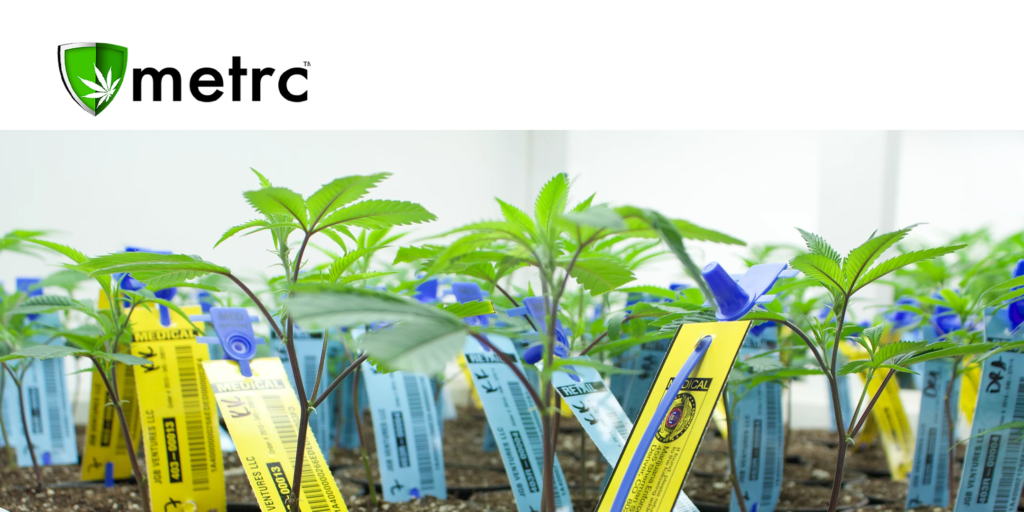Coming hot on the heels of her panel discussion about the public hearing and comment period for non-emergency regulations, MMLG’s Director of Compliance Dr. Juli Crockett moderated another panel organized by the Future Cannabis Project on California’s Track and Trace.
Joined by Brett Hartmann-Payan of Alternative Medicine Group, Pamela Epstein of Green Wise Companies, and Tim Morland of RVR Distributing Company, the group dug deep into the problems and potential of the coming track and trace.
Here are a few takeaways from the full panel discussion:
This is going to suck.
This was the quote of the night. There’s no way to sugarcoat the difficult situation the California cannabis industry is in right now. For existing operators trying to remain compliant through all the rewrites, revisions, and readopts, the costs of compliance are extremely high, and the rewards — at this time — may seem few. That said, knowing that the BCC can audit operators and levy fines and penalties up to 5 years post-infraction, today’s compliance will undoubtedly pay off tomorrow.
“If we’re having a problem with a licensee not getting into compliance, we would just revoke the temporary (permit) at this point,” Lori Ajax of the BCC recently explained to MJ Biz Daily.
The readiness is all.
Operators should be taking this pre-track and trace time to practice internal compliance protocol and operational procedures that meet the requirements outlined in the current regulations. Record keeping requirements, inventory reconciliations, properly documented transport and transfers, weight certifications… all of these are required NOW. As a friendly reminder, MMLG does offer in-house compliance audits and other compliance services.
BCC is watching.
Now that testing results are being submitted to the BCC, many operators are being called on to confirm aspects of their SOP’s and internal processes for product relabeling, waste disposal, remediation, and other required corrective actions. It’s imperative for operators to be sure that all staff is trained to follow compliant corrective action plans and properly document all procedures. While few fines and penalties are being issued at this time, this degree of oversight and inquiry has been shocking to many operators. Working with your team on appropriate responses to these inquiries by the agencies is also key.
Relationship Status: It’s Complicated.
How the available POS and track and trace software are going to meet the demands of the California supply chain is still a big question. Other states that have adopted Track and Trace don’t have the same size or structure as the Golden State. California’s track and trace is unproven in this cannabis market, with its abundant license types, huge scale, and distribution model. Not to mention the regulatory restriction on transferring product when the system goes down (which it has, and surely will, in a marketplace this demanding). Throw in there a lack of clarity as to when the system will launch. Current regulations stipulate that only annual licensees get to utilize track and trace, not Temporary license holders. The prospect of staggered entry, questions as to who will be responsible for manual entry of information into track and trace in an irregular supply chain with some on and some off, and whether temp license holders will find annual license operators on track and trace unwilling to work with them due to “antiquated” paper tracking and potential liability loom large. This brings us to the big takeaway…
Comment, comment, comment!
Draft Permanent Regulations from all agencies were released on Friday July 13th, kicking off the 45-day public comment period that will end at 5pm on August 27th. This is the industry’s last opportunity to potentially have immediate and impactful changes made in the regulations before they become permanent regulations and require heavy legislative lifts and expensive lobbying and bill-running to alter their contents. The urgency of this critical time cannot be over-emphasized. Everyone that cares about the cannabis industry MUST take pen to paper and participate in the comment period. The BCC, CDPH, and CDFA have all released instructions for how to comment. Patient organizations, trade groups, and associations are an excellent resource for joining forces, signing onto comment letters, and discussing the finer points for a better understanding of the implications of the regulations. MMLG will be publishing a guide to effective commenting. There are resources. This is the time.
Like we said in our last post, we know how difficult this year has been. California’s track and trace is a necessity, but we know it doesn’t make things easier in the short term. It’s a difficult transition and there is a lot of complexity to all of it. Whether you’re looking to make the next major cannabis partnership, or just get your retail license: We’re here to help you and your business go as high as you want to. The sky is still the limit in our industry.

